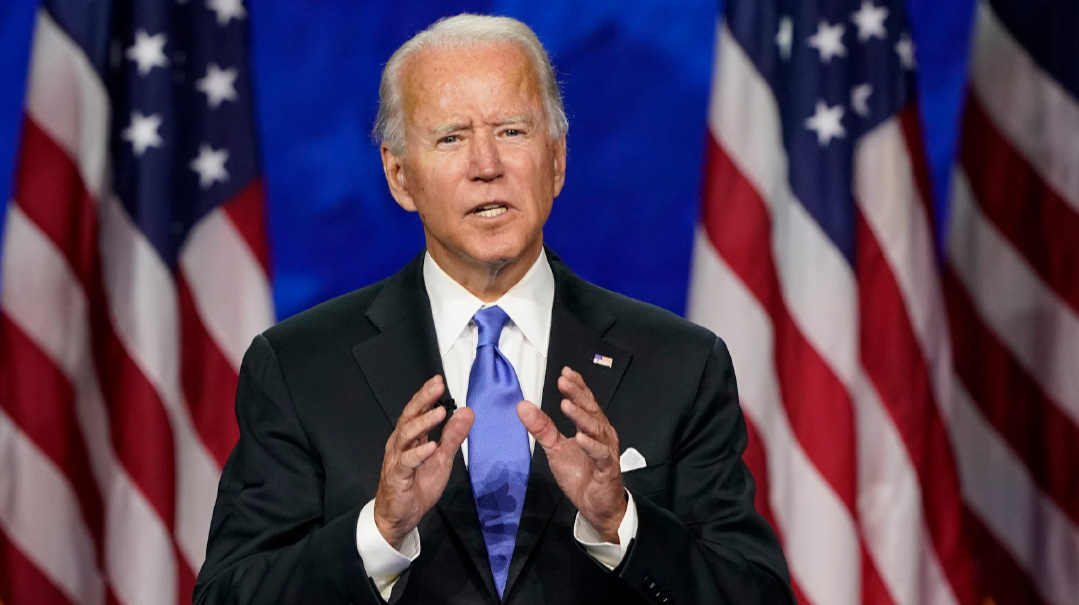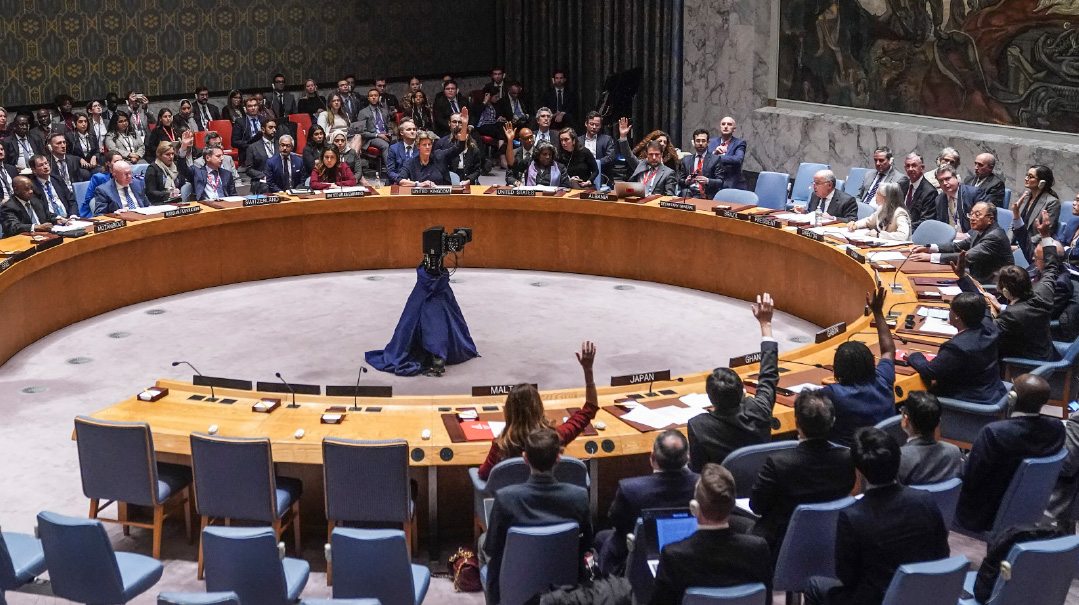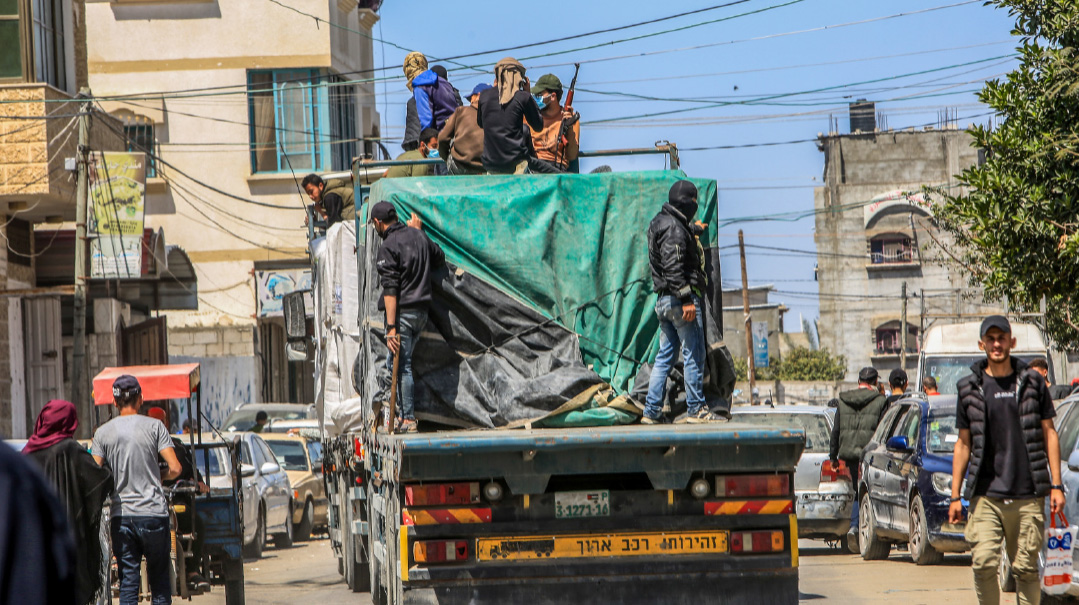Expect More of the Same
| April 9, 2024“To understand how remarkable the accusations against Israel are, one needs to know about how other countries fight wars”

Photo: AP Images
I
srael is fighting perhaps the most precise, restrained, and disciplined war in the history of modern conflict. Unlike the wars of the US (and the UK and other Western countries) in Iraq, or campaigns against Libya and Serbia, which were designed to achieve strategic objectives or intervene in foreign conflicts, Israel’s war is against an enemy that actually invaded, committed terrible depredations, and is committed to doing so again and again. And Hamas’s Simchas Torah attack was just one prong of an Iranian proxy war against the Jewish state, paralleled by attacks from Lebanon, Syria, and Yemen. Yet around the world, Israel finds itself under diplomatic offensive, facing sanctions, arms embargoes, and broad condemnation.
To understand how remarkable the accusations against Israel are, one needs to know about how other countries fight wars. It is never sterile. Especially in urban combat, civilian casualties are unavoidable — and not illegal. Take some recent examples.
The Battle of Mosul in 2016 involved an effort by a US-led coalition to flush out a few thousand remnants of ISIS from a major city in northern Iraq. The nine-month battle began with the imposition of a siege and ended with nearly 10,000 civilians dead — more than the numbers of ISIS fighters that had been in the city. The entire town was reduced to rubble and its population displaced primarily by US-led aerial bombardment. A similar fate befell Raqqa in Syria. In Gaza, by comparison, the civilan casualty rate is about 13% — despite Hamas’s embedding of their entire military apparatus under civilian facilities.
Yet President Biden insists — Raqqa for me, but no Rafah for thee.
Israel, perversely, stands accused of genocide, though there are no allegations of Israel intentionally striking civilian targets. Rather the complaint is that Israel permits “disproportionate” civilian casualties in strikes on legitimate Hamas targets. Yet the ratio of combatant-to-civilian casualties is between 1:1 and 1:2 — far better than ratios of 1:3 or more in similar conflicts by other Western countries. Denunciations of Israel’s conduct amount to saying that the Jewish state is not allowed to effectively defend itself.
Indeed, the transient and ephemeral “support” Israel enjoyed after October 7 began to disappear as soon as it became clear it would vigorously defend itself. Before October 7, Western liberals had certain deeply held beliefs, which often reflected a projection of their national histories onto the Jews. Among those beliefs was that Western colonialism is the root cause of violence in the Third World, and “native” peoples have an inherent right to kill interlopers in their territory in the same way, say, Englishmen don’t. Related beliefs held that Islamic terror groups are just like everyone else, they just want their grievances addressed.
For Israel, this meant that settlements are the root cause of Arab violence. Palestinian factions just want to live with “dignity.” All these narratives melted in the explosion of savage, atavistic violence.
Perhaps if Israel had turned the other cheek, as the Biden administration has done when faced with repeated Iranian-backed attacks on US troops and international shipping, world sympathy would have lasted through the shloshim. But should we be surprised that a US that lets its borders be violently torn down and overrun should not understand a Jewish state that stands its ground?
As always, the Jews are the Ivri, the rejection of the regnant ideas, which for the West today is civilization’s self-hatred. October 7, and Israel’s subsequent defense, exploded the narratives of Western liberal elites, and for that, they will never forgive us.
The Biden administration in particular has steadily ratcheted up its hostility to Israel. It is reportedly slowing weapons shipments; imposing sanctions on Jews (but not PA terrorists) in Judea and Samaria; allowing the UN Security Council to pass a resolution demanding an immediate cease-fire, without the release of hostages; and most consequentially, demanding that Israel stand down before it has entered Hamas’s last stronghold of Gaza, where the hostages are kept. All this is consistent with President Biden’s view that Israel’s reaction to October 7 has been “over the top.”
Some wish to explain this as a response to details of electoral politics, in particular, the vocal demands of 10,000 or so Arab voters in Michigan. But this seems an unlikely explanation. For one, this demographic is relatively small, and certainly would not switch to Trump. Second, Biden’s increasing hostility to Israel coincides well with that of other left-leaning Western politicians in countries like Spain and France, who are not facing election-year pressures.
In short, Biden’s overall position on the war — yes, Israel can defend itself but not successfully — is more about pressure from the broader left flank of the Democratic Party. Which means that Israel can expect more of such treatment, and worse, from the US in the future.
Prof. Kontorovich teaches at George Mason University Scalia Law School, and is a scholar at the Kohelet Policy Forum, a Jerusalem think tank.
(Originally featured in Mishpacha, Issue 1007)
Oops! We could not locate your form.






